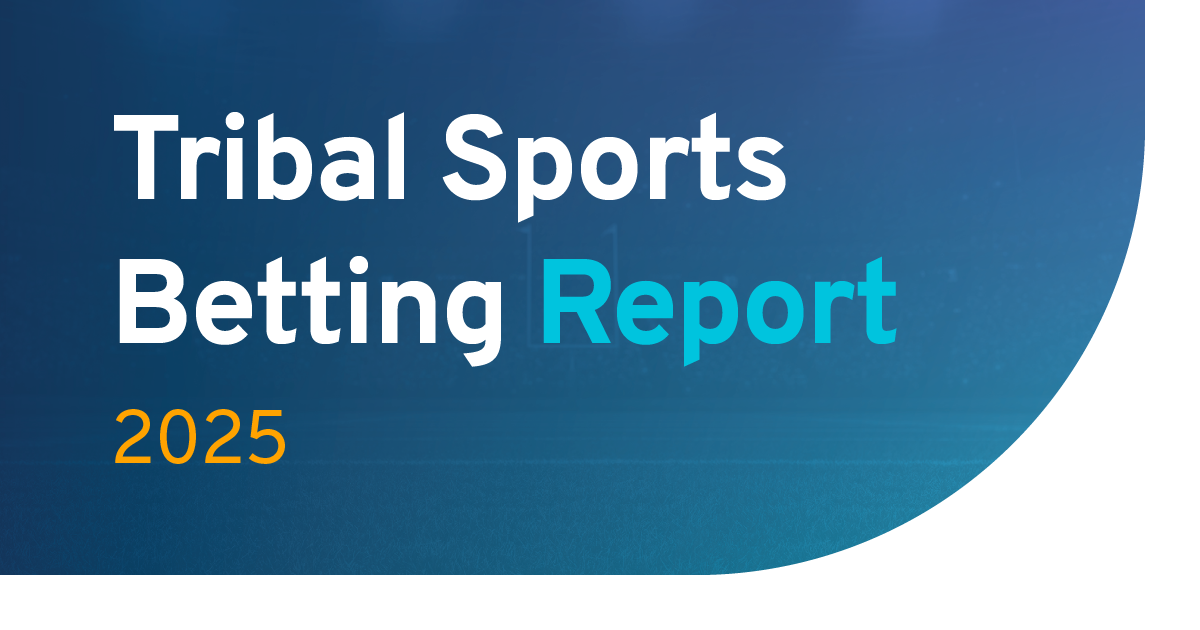

The price is right, or at least it should be
Tom Daniel, head of risk and player analytics at Kambi, explains why taking a global approach to managing risk is key to operator growth
As the U.S. sports betting market begins to open up, and casinos, racetracks and other U.S.-based companies survey their sportsbook options, an interesting discussion around trading and risk is beginning to surface. I say ‘interesting’ as it sees some making the case for trading and risk to be managed at state level in a totally bespoke way – essentially that odds shouldn’t be informed by a larger, global pool of data.
At Kambi, we are firmly of the belief that every single bet should be struck at the right price – a price that reflects the potential outcome’s true probability. At the correct price, with house margin built in, we’re prepared to take as much volume from recreational players as each of our customers are comfortable with, and as each of their uniquely configured liability limits allow. The laws of probability, as well as over 20 years of experience in the sports-trading business, tells us we’ll continue to come out on top in the long-run.
What we certainly don’t do is lay bets at the incorrect odds. It would appear some operators are being advised that they should have the ability to fully manage odds and liabilities at a local level, enabling prices to be moved to reflect the increased volumes they see on local teams, for example. To illustrate, this would mean a casino in New York shortening the Yankees money-line price on the back of local support. This, in our view, is a sub-optimal way to manage liabilities.
Avoid the trap
While odds should be moved on the back of sharp business, books shouldn’t allow themselves to be influenced by volume alone. Taking the Yankees example, shortening the price on the back of recreational money will only generate incorrect and inflated odds on the opposing team. Offering those incorrect odds, even for a brief period, leaves the operator exposed to sharp punters and syndicates – those constantly monitoring the market for inefficiencies.
Ducking the price on a popular local team is actually the worst of all worlds – recreational players are short-changed by having to take odds with excessive margin built in; sharp players who act across regions are able to exploit inefficient odds; and by offering uncompetitive prices, operators create a space for competitors to steal customers and increase market share.
To illustrate the importance of true odds further, we only need to look at casinos. Sit at any roulette table in the western world and you’ll see more chips being stacked on number seven than you will on number 13. Seven is, of course, considered by many to be a lucky number and therefore attracts a higher percentage of turnover than the ‘unlucky’ 13.
With larger liabilities on the occurrence of seven than other numbers, do casinos mitigate the risk by lowering the odds on seven and increasing the odds on other numbers? Of course they don’t, and neither should they. The fact more cash is being wagered on seven doesn’t make the roulette ball more likely to stop on that number. In a similar vein, recreational sports bettors backing their home team doesn’t make that team more likely to win, no matter how much the combined total wagered.
Power of the network
Unlike roulette, the probabilities relating to sports outcomes are subjective, however they can be estimated accurately. To do so, Kambi carries out all odds compiling in-house, using skilled odds compliers and traders, sophisticated models and algorithms, and rich and official data sources. We don’t scrape odds from other books – we are solely responsible for the odds we produce.
To consistently produce the correct odds and manage liabilities effectively, it’s imperative there is one single team in charge – not one trader per operator each generating different prices, potentially throwing up arbitrage opportunities and inefficient odds. It is also essential this single team of traders takes into account all available data.
Over the years, Kambi has built a large and powerful network of bettors – millions of players situated across the globe whose bets and betting patterns are continuously monitored. This sophisticated monitoring enables us to categorize players into different categories, one of those being players that are proven to damage margin.
The activity of these sharp bettors and syndicates are extremely valuable sources of information. For example, someone may have access to a trainer, a kit man, or a club doctor, and be presented with data that may give them an advantage over an odds compiler. To ignore their business would be costly. Therefore, while we don’t move prices or lines on volume, we do alter probabilities on the back of action from highly informed bettors, whose stakes are carefully managed.
Taking this approach ensures strength in numbers, with each of our operators benefiting from the scale of the Kambi network. It means sharp business in one area of the network strengthens the whole. This will become even more effective when Kambi customers such as DraftKings, Rush Street Gaming and Unibet expand into multiple U.S. states. Furthermore, it enables us to improve our models, algorithms and automations, something from which all our operators will profit. Essentially, operating in this way allows us to be increasingly confident in our prices, and so too can our operators. So while we of course monitor our operators’ liabilities and player activity at a local level, in order to ensure long-term profitability, it is our data-rich network which provides the edge our operators need to compete.
Network in practice
To illustrate, let’s say LeBron James is a doubt for the Lakers due to a hand injury, causing the Lakers’ price to drift for the following game. How should Kambi act when a player we believe receives injury information ahead of the market then attempts to back the Lakers at a Kambi operator? Should we just move the price at that one book? Or given this information should we alter the price for all our operators to ensure they all reflect the true probability? The visibility of players our network gives us is a powerful tool and one that shouldn’t be ignored.
This isn’t to say operators don’t have the ability to influence and guide how Kambi carries out their risk management. As highlighted earlier, every single Kambi customer has the ability to set their own liability limits and receive alerts as and when those liabilities are close to being reached. Our price differentiation tool also gives operators the flexibility to adjust the margin offered, depending on their strategies. For instance, we currently have an operator in Spain which, through this tool, reduces the margin on La Liga soccer matches in order to acquire players. Furthermore, we also manage individual customers in a bespoke way if, for instance, they are valuable casino players, while for certain events operators can select the markets and events which are offered, depending on their risk appetite.
For the Floyd Mayweather versus Conor McGregor fight last year, we saw unprecedented action for the outsider, McGregor, which resulted in large liabilities being built up. As a result, we gave operators the ability to switch to a more slimmed-down bet offer to help manage risk. In addition, when operators’ max liabilities were reached, they were given the opportunity to switch to a shorter McGregor price, yet the large bulk wisely chose to keep the more aggressive, attractive and ultimately accurate McGregor price. At all times, Kambi was happy with its McGregor risk, knowing it had been built at the right price.
So if anyone tells you trading and risk should be carried out at a local level, ask the question: “What does that mean from day one?” Any price movement on volume alone will create opportunities for sharp players and syndicates on the other side, sharp players and syndicates that in a new market may not yet be factored. Instead, the focus should be on offering the right price at all times. Follow this rule and the odds to earn a long-term profit will be stacked heavily in your favor.










